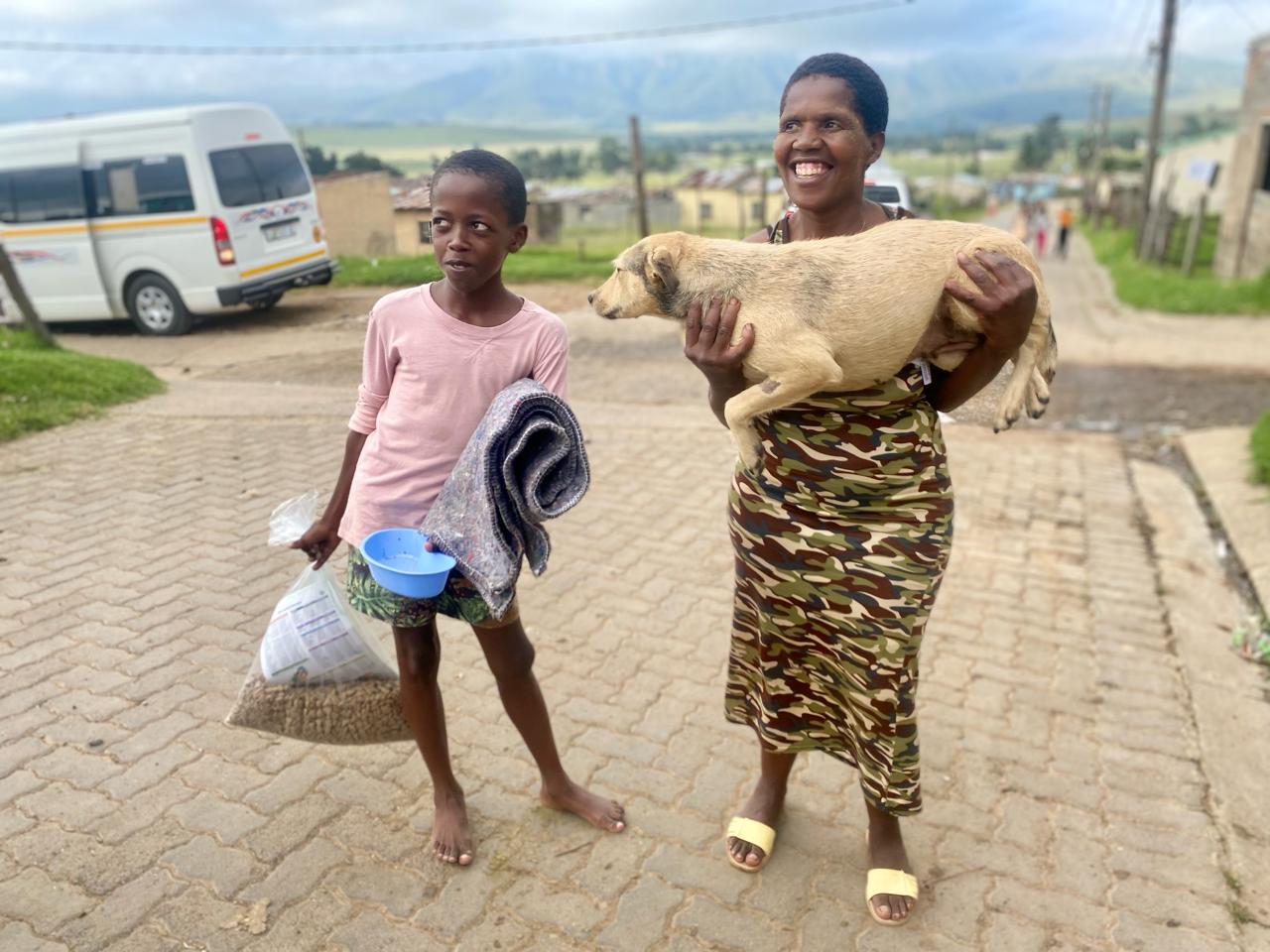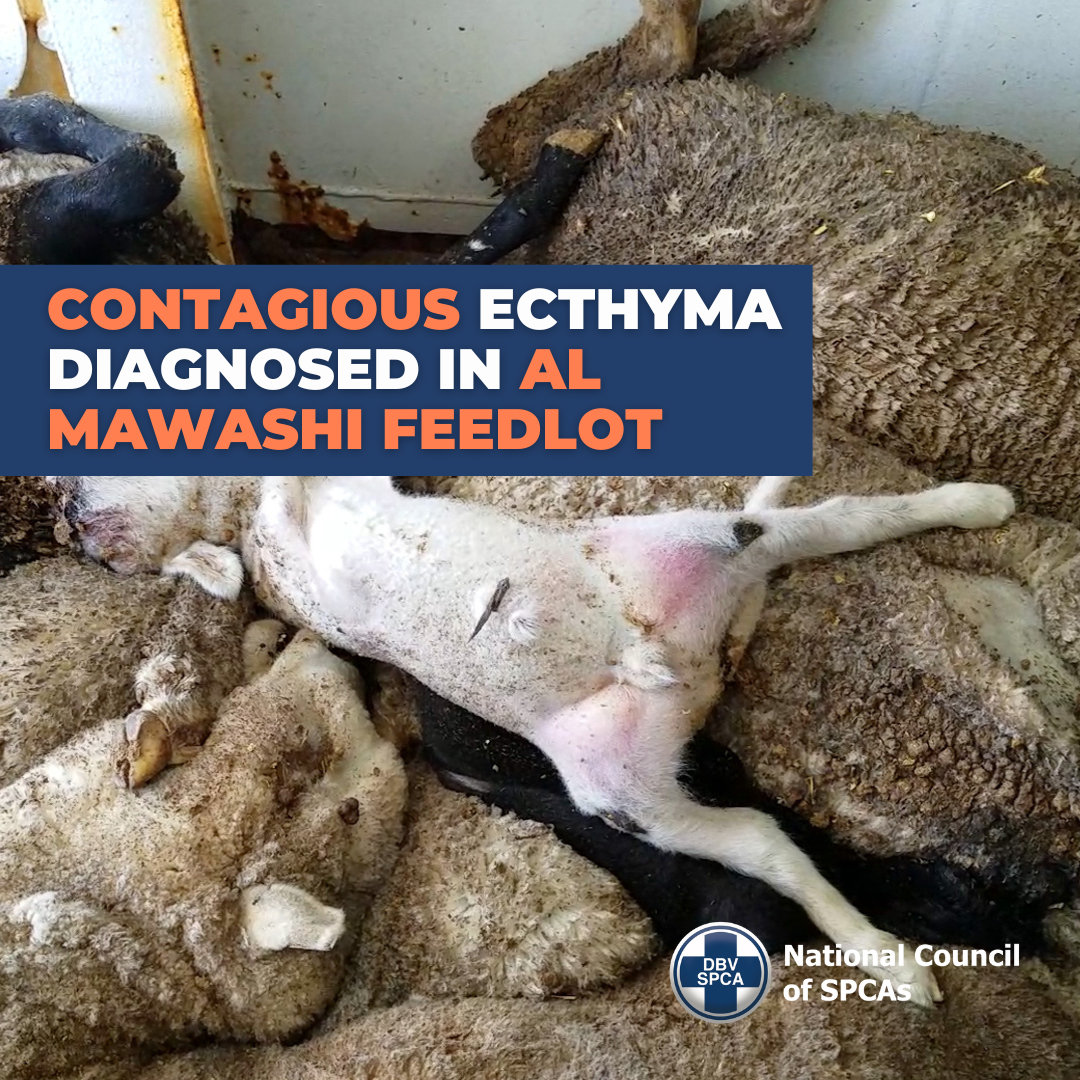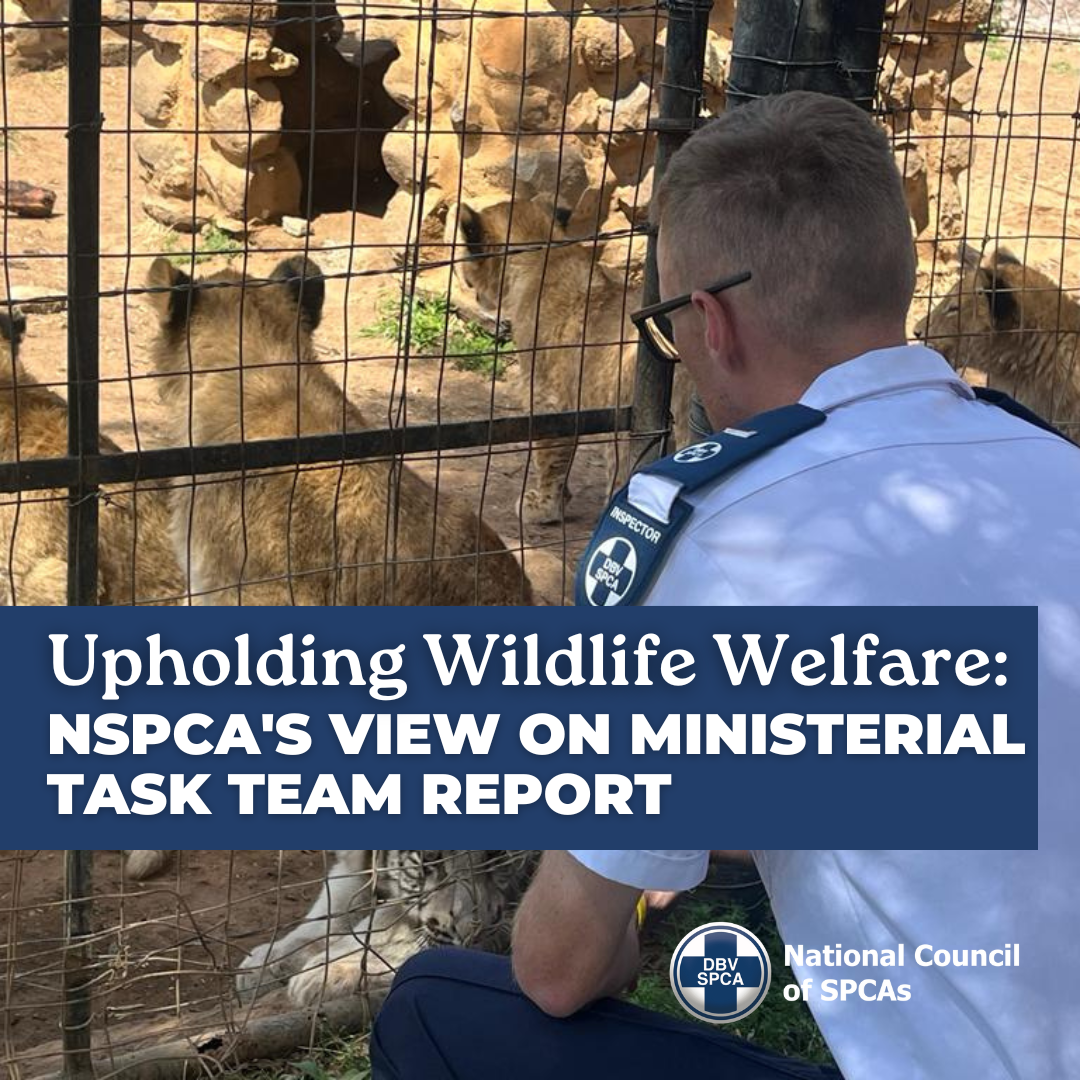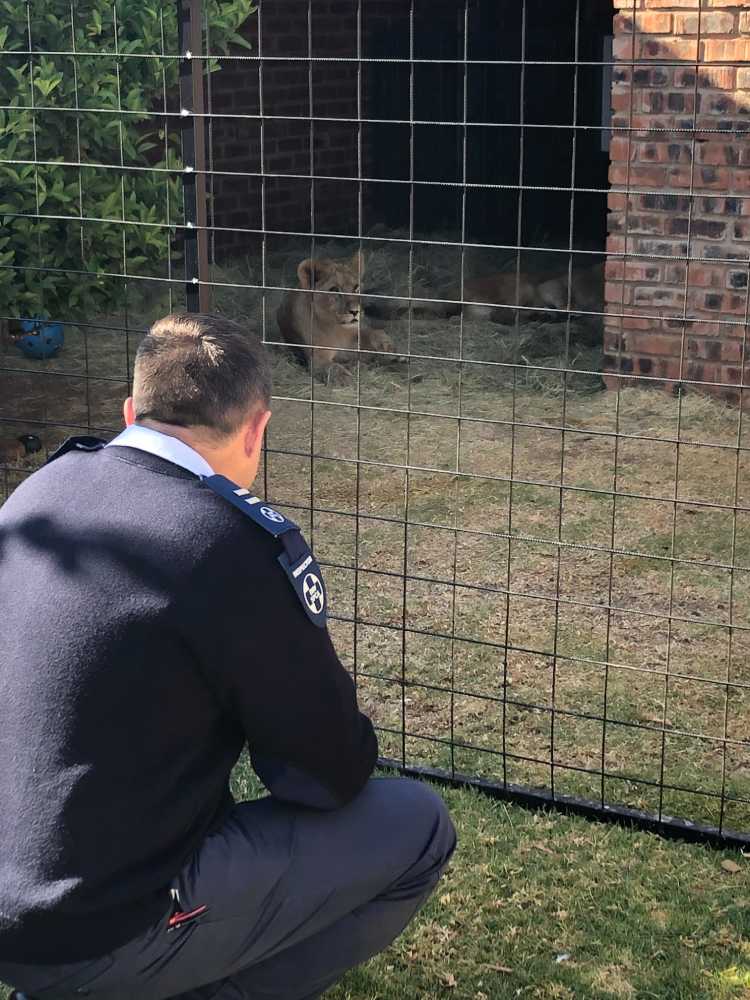
Where there are hands-on wildlife tourism opportunities, the public need to re-evaluate the ethical aspect of such facilities. Lionesses are incredibly good, and protective mothers and there is usually no medical reason to remove cubs. The High-Level Panel Report refers to the same and condemns interaction with lions in these instances.
Similarly with ungulates and pachyderms, unless the mother has been poached or similar, the facilities taking the offspring in, should not be allowing public interaction due to not only imprinting, but also the ever-present risk of zoonosis, bacteria, and stress. The reverse of zoonotic diseases also applies i.e. anthroponosis.
The NSPCA has specific facilities for wildlife rehabilitation and for sanctuaries. If on holiday, you might find an animal in need and no SPCA in the area, please consult our accredited facilities listing in order to locate the one closest to you that may be able to help.
The facilities that are NSPCA accredited must abide with strict conditions. These include but are not limited to, as in the case of a wildlife rehabilitation facility: Extremely limited human interaction, due to effects of stress, humanisation, and biohazard concerns, and access to a veterinarian either contracted to the facility or a private vet experienced with wildlife.
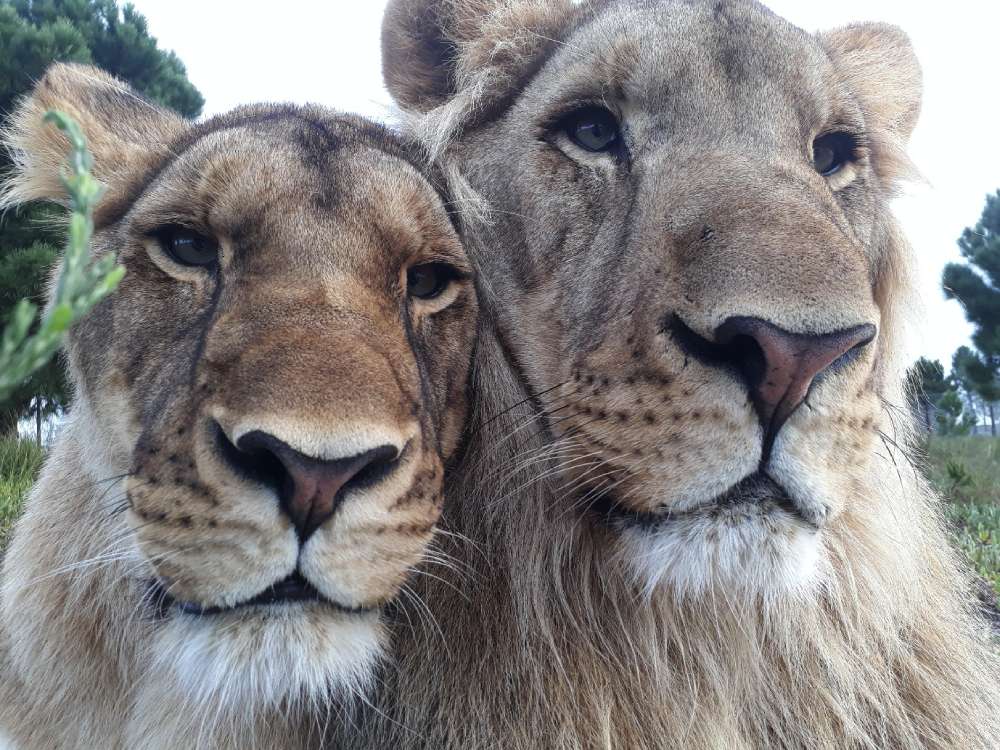
An example of one of our accredited sanctuaries who took in cubs removed from a desperate situation by the NSPCA – These cubs have flourished at Panthera Africa!
Related Articles and News
NSPCA’s Community Outreach: Empowering Communities, Transforming Lives
The NSPCA recently embarked on a journey to improve the lives of animals and their owners in Khowa (formerly Elliot) and Nqanqarhu (formerly Maclear), Eastern Cape. Partnering with local veterinary [...]
Contagious Ecthyma Diagnosed in Al Mawashi Feedlot
The NSPCA has, through veterinary laboratory testing together with visual examination, confirmed the presence of contagious ecthyma, an infectious dermatitis of sheep and goats, which is contagious to humans too, [...]
Upholding Wildlife Welfare: NSPCA’s View on Ministerial Task Team Report
The Minister of Forestry, Fisheries and the Environment has released the Ministerial Task Team Report: To identify and recommend voluntary exit options and pathways for the captive lion industry. The [...]

